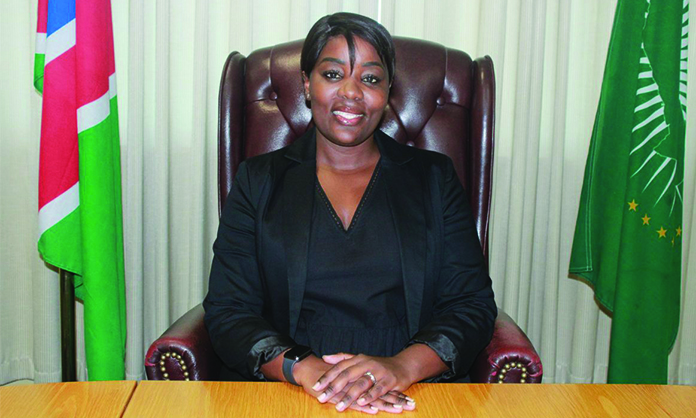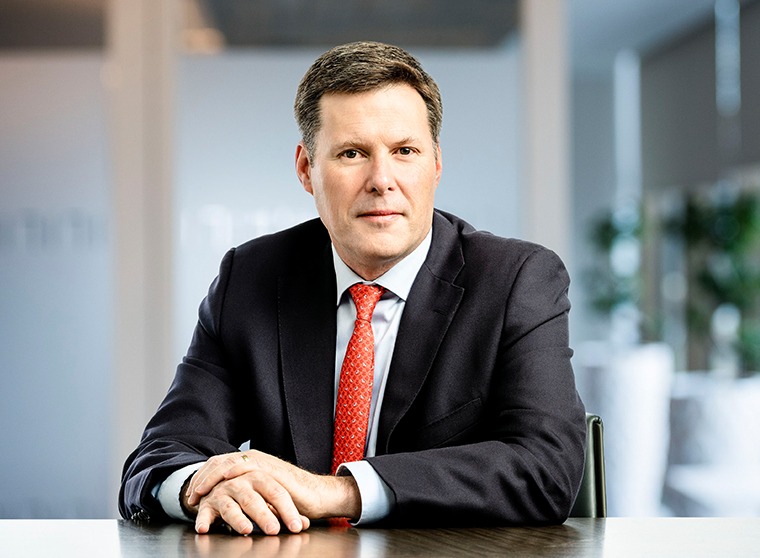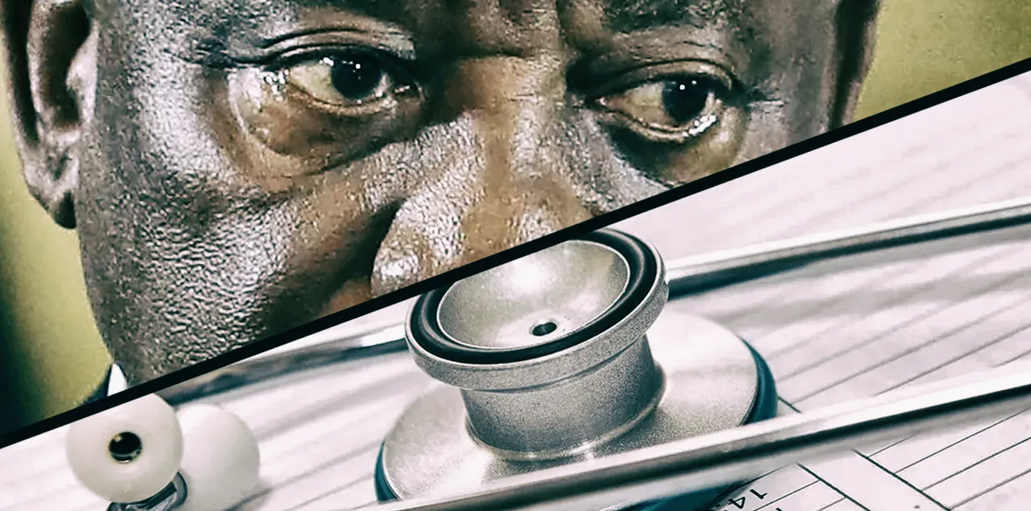JOHN-COLIN NAMENE and JAMES JAMUIT’S midday on a Monday and the benches in the reception area of the Mental Health Centre at the Windhoek Central Hospital are nearly full to capacity with visitors and patients.
There is a buzz of urgency in the air, as nurses race to and fro, fulfilling their duties. The desk of the head of the psychology department, Lydia Nangolo, is stacked with files, documents, books and a laptop.
An intern sits on the other side, filling in the paperwork as Nangolo speaks.
“On a Monday or Wednesday you will find doctors all over in the corridors consulting patients because of a shortage of space,” she said.
“I, however, do not allow the psychology department to operate like that.”
She emphasised the importance of counselling patients in private spaces, because of the delicate issues they are dealing with and the need to make them as comfortable as possible.
The department is filled with interns, including four permanent psychologists and students who help out from time to time.
Nangolo says the situation is manageable, but she bemoans a lack of funding, adding that when the Covid-19 pandemic hit in March last year, and visitors were not allowed, family support for patients was interrupted.
Travel restrictions made the provision of essentials like toiletries more difficult, as relatives from outside Windhoek could not provide them. She said when patients see and hear from relatives, they get a sense of strength and comfort.
Nurses, who spoke on condition of anonymity, said they often struggle with aggressive patients, as there are no security officers on site. The orderlies are stationed at the forensic section, which houses patients who were declared unfit to stand trial in court.
The nurses showed The Namibian bite marks and scars sustained during scuffles with patients.
“We are trained in the art of healing, not combat,” one nurse said, adding that all they can do is pray when they report for duty each day.
“I was stabbed with a glass roll-on bottle in the back and in my hand and I had to run. We fight here, everyday” he said.
Senior registered nurse, and head of nursing services at the centre Mietha Jacobs said they train nurses and staff how to handle aggressive patients. This is done in accordance with World Health Organisation regulations, which prevent the use of violence and arms.
Jacobs said that most patients are experiencing substance abuse issues, while others suffer schizophrenic or dementia episodes. Some come on their own volition when they cannot cope and need help. These patients are housed in the civil section of the centre.
The forensics section is for patients deemed unfit to stand trial by the courts. They are rehabilitated at the centre until they are either fit to stand trial or are developed go home.
They are referred to as the president’s patients and their detention and release are decided by the courts.
Jacobs took The Namibian on a tour of the male psychiatric ward where a nurse explained that the ward was overcrowded, while patients screamed in the background.
There are currently 35 patients in the ward – 19 in the A ward and 16 in the B ward although they can sometimes reach 40. These patients are cared for by four nurses in the morning and three in the afternoon.
The two wards are divided into ‘more manic’ and ‘less manic’ categories. Ward A hosts patients that have psychotic episodes, hallucinations and those that need to be isolated due to aggression. Ward B has bipolar patients, those who have depression and substance abuse issues.
The male nurse, who also preferred to remain anonymous, told that another mental health ward would improve operations at the unit in Windhoek.
Another nurse said there is a desperate need to build more mental health centres. “We are overcrowded and some patients sleep on the floor,” he added.
Jacobs said the Windhoek Central Hospital is allocated a budget by the health ministry each year. When the hospital is allocated the money, the chief accountant, Maxton Hamutumbangela, meets the economising committee, which is made up of representatives of different wings of the hospital, to approve their funding requests.
According to Jacobs, their annual allocation does not exceed N$200 000, largely due to the fact that there is hardly ever enough money.
Sometimes the same requests are put in year after year.
Hamutumbangela confirmed that the different units of the hospital do not receive individual budgets, but only get what they request.
Stay informed with The Namibian – your source for credible journalism. Get in-depth reporting and opinions for
only N$85 a month. Invest in journalism, invest in democracy –
Subscribe Now!






